Photographs: Wikimedia Commons
India must sit up and take notice of the activities going on in Gilgit-Baltistan due to the immense strategic importance of the region, according to G Parthasarathi, former ambassador to Pakistan.
Parthasarathi was speaking at a first-of-its-kind conference on PoK and Northern Areas held in Delhi on Wednesday
He explained that Gilgit-Baltistan is of strategic importance to China as well, mainly because of its geographical location. Gilgit-Baltistan is placed strategically in the far-flung northern regions and gives way to the Wakhan Corridor, which is situated in far north-eastern Afghanistan and is a direct link between that nation and China.
Parthasarathi explained, "The position of Gilgit-Baltistan is such that it shares its borders with the Wakhan Corridor. And the Chinese, who are mining copper in Afghanistan, have found that taking it (copper) to mainland China via the Wakhan Corridor is much easier than carrying it across the central Asian countries."
Reportage: Priyanka
'The Chinese are there'
Image: The Wakhan CorridorPhotographs: Wikimedia Commons
"Gilgit-Baltistan is very important in strategic terms, and they (China) would be like to see a friendly presence there," he said, adding, "It holds prominence to the entire China-Pakistan nexus and that is why the Chinese are there."
Gilgit-Baltistan touches Pakistan's Khyber Pukhtunkhwa province on its west side. The Wakhan Corridor is located in its north, China on its eastern side, PoK in the southwest part of the region and Jammu & Kashmir to its southeast. The total area covered by Gilgit-Baltistan is about 72, 971 sq km and it has a population of more than one million (10 lakh).
A 'Gilgit-Baltistan Empowerment and Self-Governance Order' was adopted in 2009 by the Pakistan cabinet which granted the right to self-rule to the region.
Senge Sering, director of the Institute of Gilgit Baltistan Studies in Washington, said there is a huge presence of Chinese troops in the region. These troops enjoy the support of on-ground Pakistani Army, much to the anguish of the locals.
'Pakistani Army personnel are deployed at every chowk'
Image: A woman stands in a queue to cast her vote during an election of the Legislative assembly for Northern Areas in Gilgit-BaltistanPhotographs: Reuters
There is major resentment in Gilgit-Baltistan against the military and paramilitary forces of Pakistan. The people of Gilgit-Baltistan feel Pakistan cannot protect the rights of the minorities and those living in Gilgit-Baltistan.
"Pakistani Army personnel are deployed at every chowk in Gilgit-Baltistan. And instead of strengthening the local police, they help bring people from outside, who then try to gain control over the local people," he said.
He pointed out that the region was grappling with issues like unemployment and scarcity of basic amenities like healthcare and education. Political leaders who stand up and demand rights for the locals are thrown behind bars on charges of sedition.
"Huge protests have been going on for the past couple of years," he revealed. "Only a few months ago, thousands of people took to the streets to protest against the detention of (political activist) Baba Jaan. In most cases, charges of sedition are clamped on anyone who talks about their political rights."
'They didn't even know they were not Pakistanis'
Image: Gilgit-BaltistanPhotographs: Courtesy: www.gilgitbaltistan.gov.pk
He explained that the youth in the region are well informed thanks to the internet and online blogs and many people were challenging Pakistan's control over the region.
"Until a few years ago, they didn't even know they were not Pakistanis. There has been a lot of information flow," he added.
The attitude towards Pakistan has undergone a change, especially in the last few years.
"Initially they used to look at Pakistan with hope. Now they look at Pakistan as a weak state, as it has not been able to give them their rights," he said.
Captain Alok Bansal, a visiting professor with Jamia Milia Islamia has been studying Gilgit-Baltistan for the past seven years, did not mince his words while outlining the importance of Gilgit-Baltistan, saying, "The strategic importance of Jammu & Kashmir is not because of the Kashmir valley or the Jammu region; it is because of its proximity to the regions of Gilgit-Baltistan, which is the most significant portion of South Asia."
'Gilgit-Baltistan had no local government'
Image: Gilgit-BaltistanPhotographs: Courtesy: www.gilgitbaltistan.gov.pk
He said local governance and representation of people in the decision-making process was only a charade; it did not even exist in most cases.
"Until recently, till Pakistan President (Asif Ali) Zardari brought in a resolution, Gilgit-Baltistan had no local government; the Pakistani bureaucracy controlled and dominated it," he said.
As the South Asian nations begin to take note of Gilgit-Baltistan's strategic importance, many are beginning to understand the long-term implications of controlling the region. The Chinese have deployed troops in and around the area, and the Pakistani Army seems to have given them a free run.
Though some are looking up to India to take a more definitive and decisive role in the issue, Parthasarathi appeared aware of the tough challenges of doing so. The Chinese are way ahead of India in the skills of road-making and combining their resources, he said.
'The Chinese are far ahead'
Image: Gilgit-BaltistanPhotographs: Courtesy: www.gilgitbaltistan.gov.pk
"We are still making roads the way the British taught us. The Chinese drill right through. They are far ahead of us. Let's face it -- whether it is national purpose or strengthening the border or communication building, the Chinese have done a tremendous job," he admitted.
"If you can't build communication, then you cannot defend your country. This is the hard reality. They (the Chinese) have built a railway line right up to our borders," he added.
Parthsarathi told an amused audience, "I feel we have had only two strategic thinkers -- Kautilaya and Maharaja Ranjeet Singh. We were invaded by the same invaders 17 times who came through the same route all 17 times. Things are much better now and there is a better sense of nationhood."
'India has to increase its engagement'
Image: Gilgit-BaltistanPhotographs: Courtesy: www.gilgitbaltistan.gov.pk
Bansal cited a recent verdict by the Pakistan Supreme Court on Gilgit-Baltistan. The judgment had stated that Gilgit-Baltistan is a part of Jammu and Kashmir, but not Pakistan-occupied-Kashmir.
He said, "Even the Pakistan court has recognised that Gilgit-Baltistan is part of the former princely state of Jammu & Kashmir."
Sering expressed hope that India would take a greater interest and participate readily in the issue.
On the way forward, he said, "I propose a three-tier engagement policy on Gilgit-Baltistan, where Pakistan has to gradually disengage from the region, India has to increase its engagement with Gilgit-Baltistan and the international community has its own responsibilities and role to play."
Check out our top slide shows
Image: Gilgit-Baltistan...

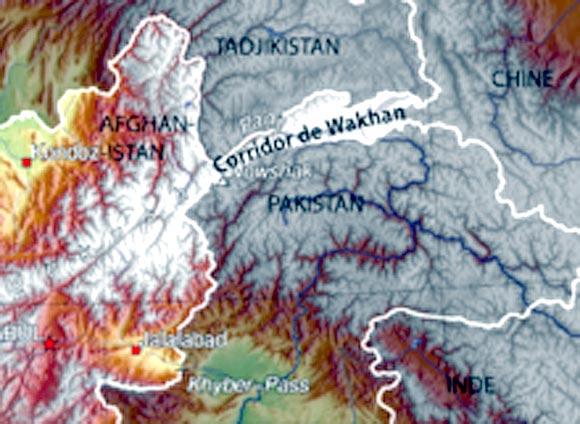
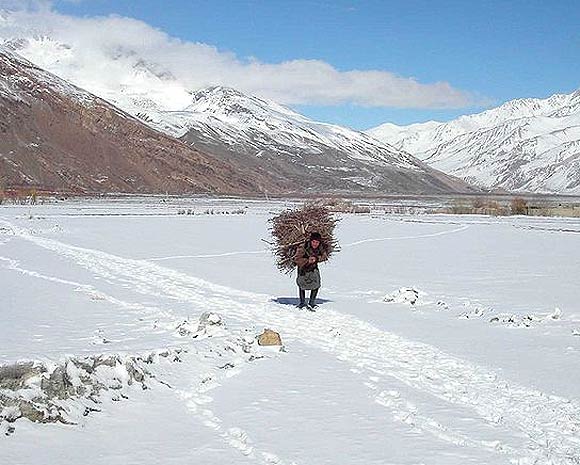
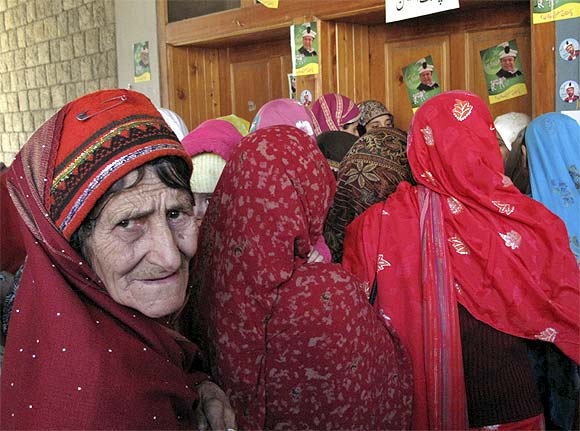
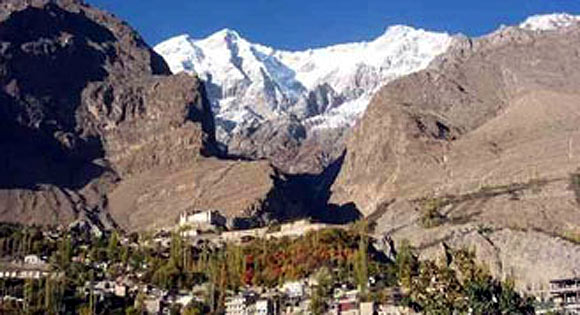
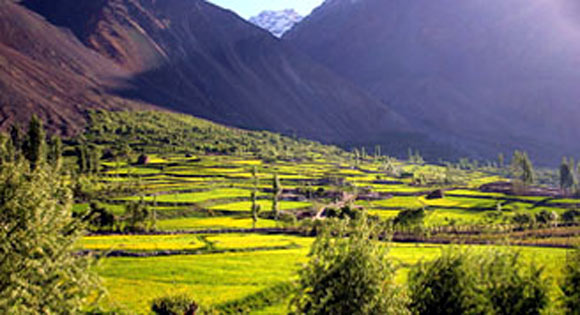
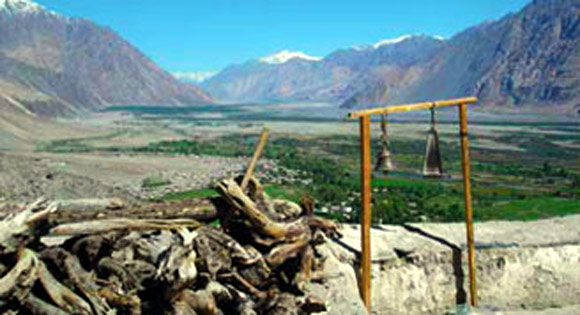
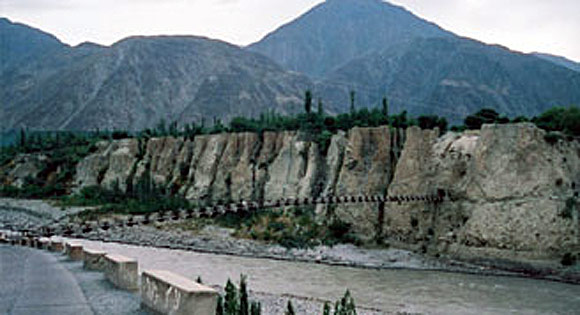
article